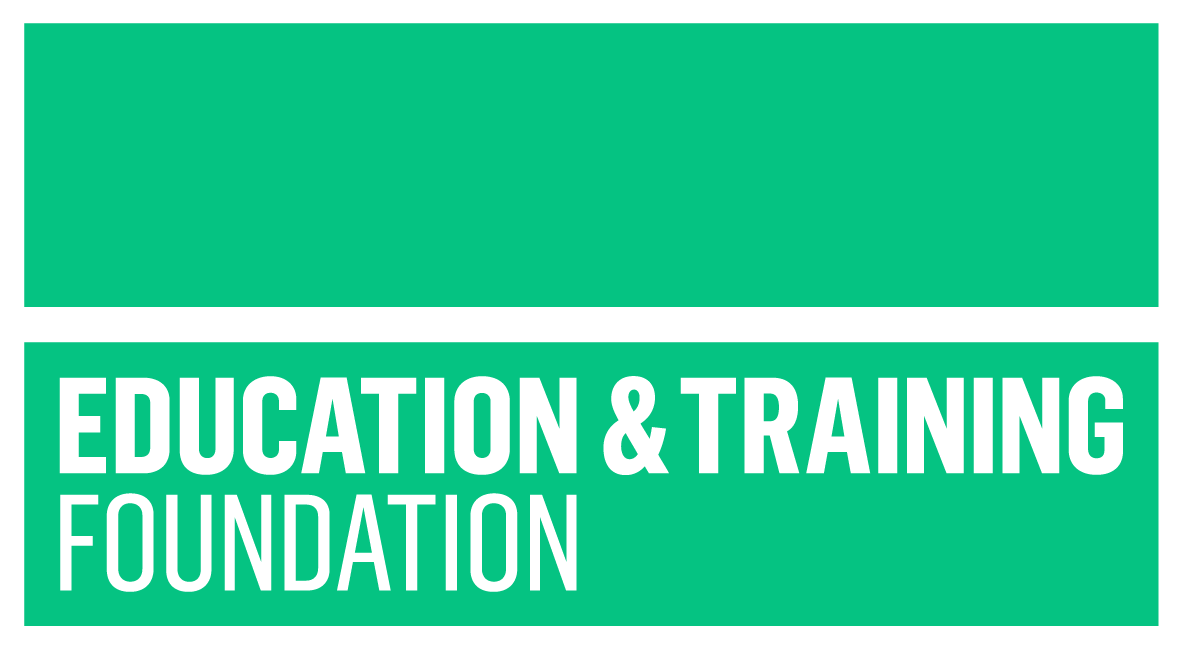Clair Cooke, Director of Meliora Safeguarding and Wellbeing Limited, considers the complexities of decision making around safeguarding for leaders, how Social Graces impact on decisions, what can be done to tackle unconscious bias, and the importance of professional curiosity.
Decision making and safeguarding
We all make decisions numerous times a day, but unless it feels significant, we rarely consider the processes that are involved. Decisions about safeguarding are of course significant as they impact on the welfare of individuals, as well as the reputation of the organisation. We want to get them right in order to keep people safe and have the trust of our learners, families, public and other stakeholders.
And as a leader in your organisation, frameworks and standards set by bodies such as Ofsted and the Charity Commission, require that you contribute to building and maintaining a positive safeguarding culture at all times. This involves leading by example to demonstrate the behaviours, attitudes and skills you expect from all staff. Crucially, everyone should feel safe and have the confidence to speak to someone. Paying attention to how we make decisions is fundamental to promoting a positive safeguarding culture because it can:
- identify organisational or individual bias and assumptions that may undermine good safeguarding practice and culture
- support a healthy approach to continuous improvement in which the organisation and individuals are willing to reflect, challenge and change for the better.

